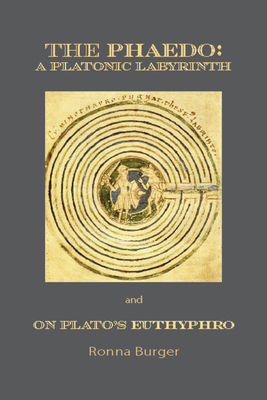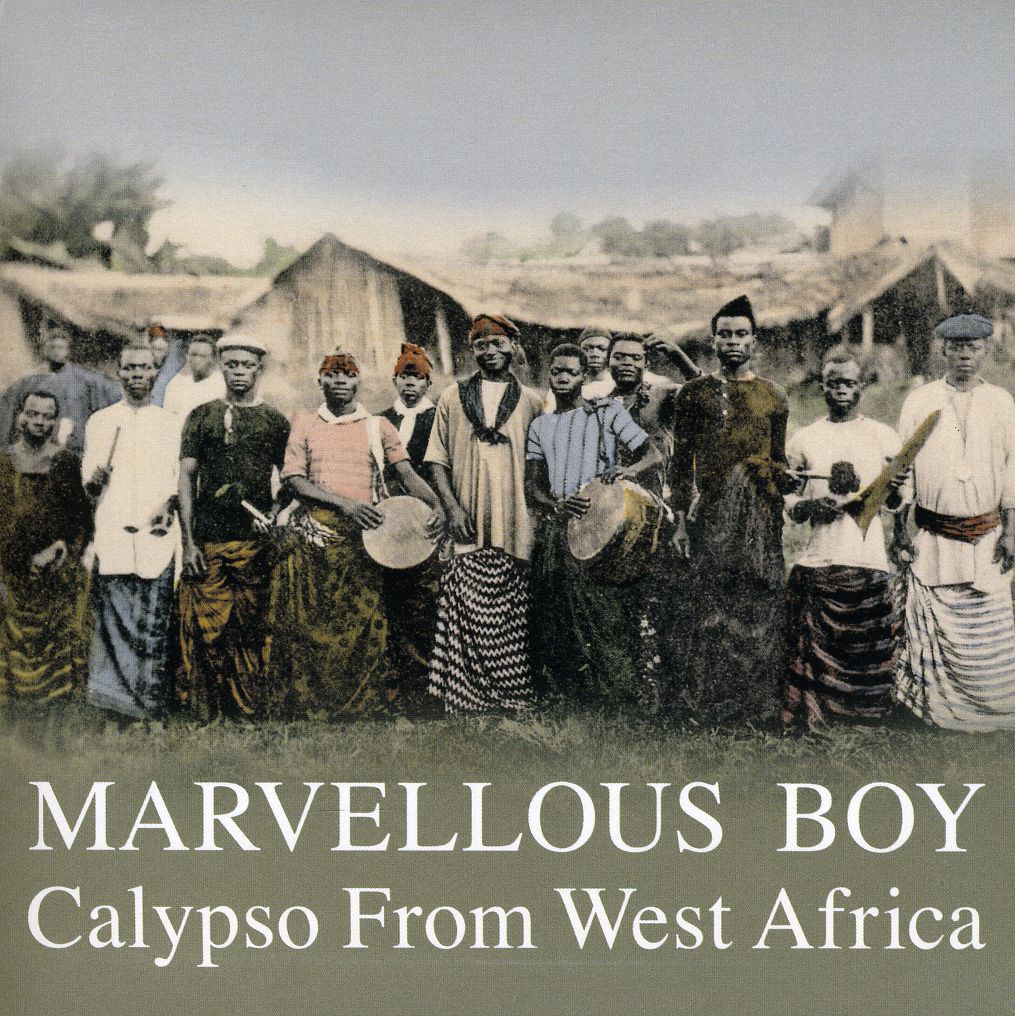
Burger, Ronna
product information
description
s been considered the source of "the twin pillars of Platonism" - the theory of ideas and the immortality of the soul. Tracing the movement of the argument through the work as a whole, Burger is led to a radical rethinking of those doctrines. That movement is indicated by the structure of the dialogue, divided in two halves by a central interlude in which Socrates warns against the great danger of "misology," loss of trust in human reason. The discussion that follows, with that danger in mind, brings about a transformation in the understanding of knowledge, the ideas, the soul, death, and immortality. With this "second sailing," as Socrates calls it, the Platonism presented in the Phaedo emerges as precisely the target of which the dialogue is a critique. This revised edition includes a new Preface and a reprint of Burger's essay on Plato's Euthyphro, originally published in German and English. "This is a comprehensive study of the Phaedo, thoroughly researched, and sparkling with insights into the text." - Paul Woodruff, University of Texas "Burger has a wonderfully fertile mind and supports her imaginative thesis with a close reading, extremely sensitive to nuance." - Jerome Schiller, The Journal of the History of Philosophy 1986 "On Plato's Euthyphro" presents a more thoughtful and careful analysis of the dialogue than any previous full-length commentary. -- Lewis Fallis, Interpretation 2016
member goods
No member items were found under this heading.
listens & views

MARVELLOUS BOY: CALYPSO FROM WEST ...
by MARVELLOUS BOY: CALYPSO FROM WEST AFRICA / VARIOUS
COMPACT DISCout of stock
$16.99
Return Policy
All sales are final
Shipping
No special shipping considerations available.
Shipping fees determined at checkout.






